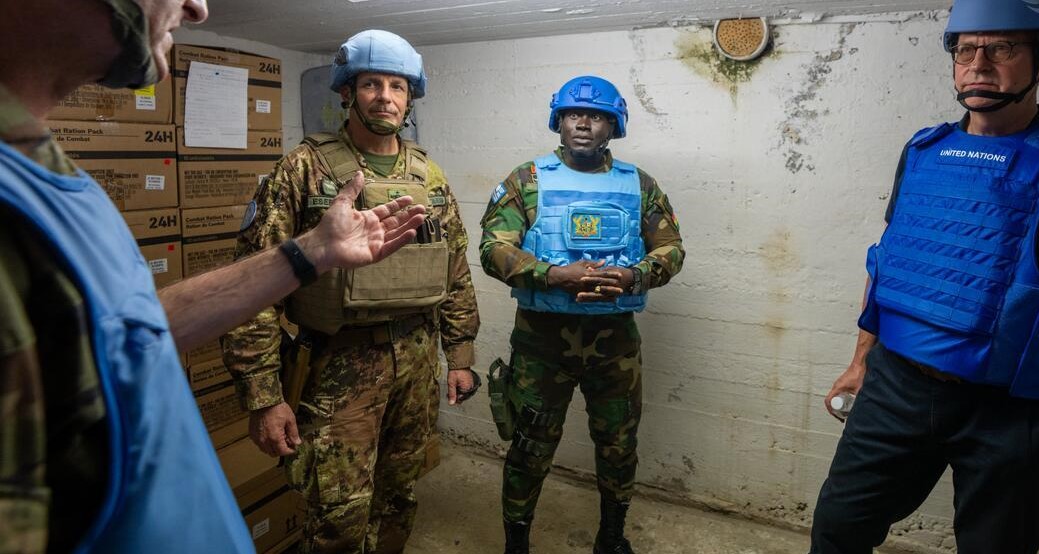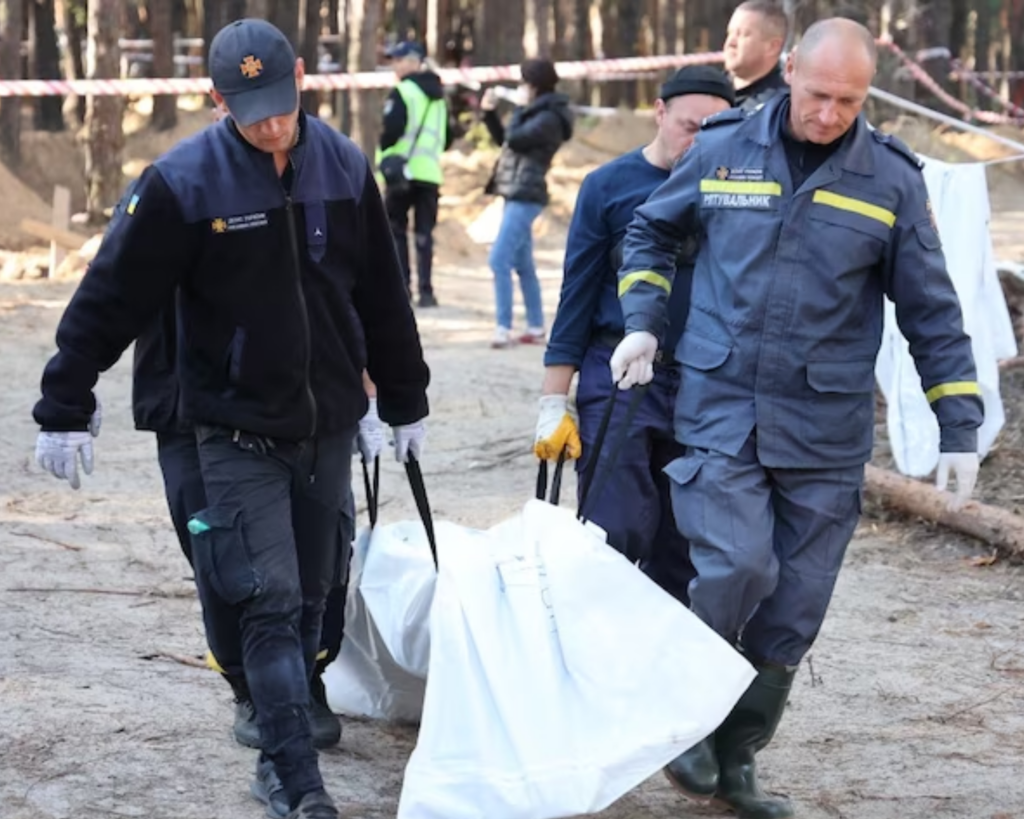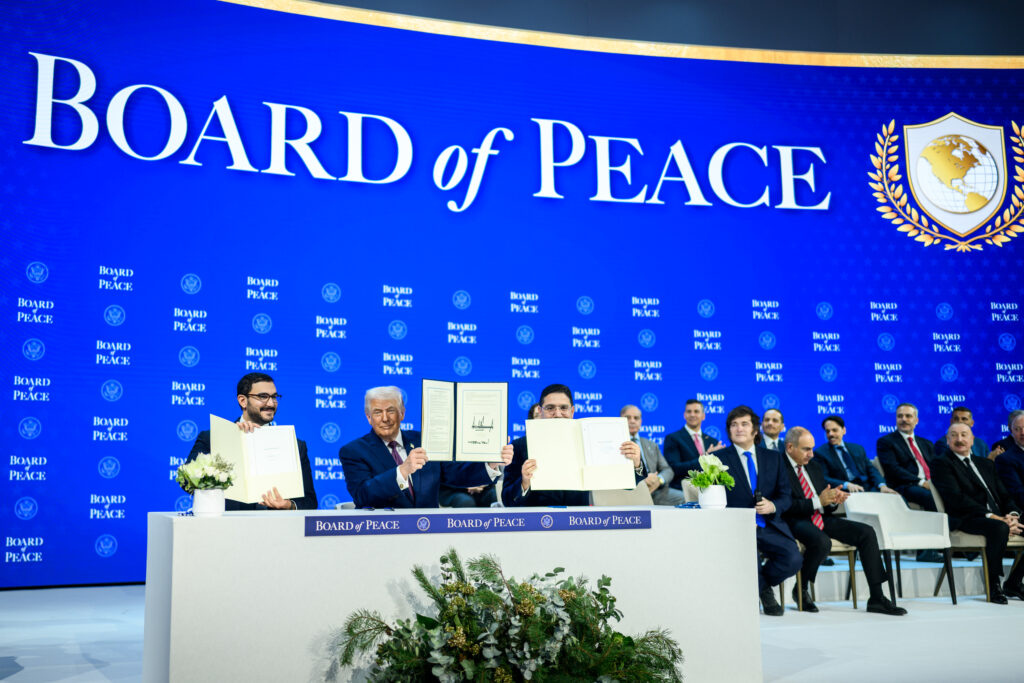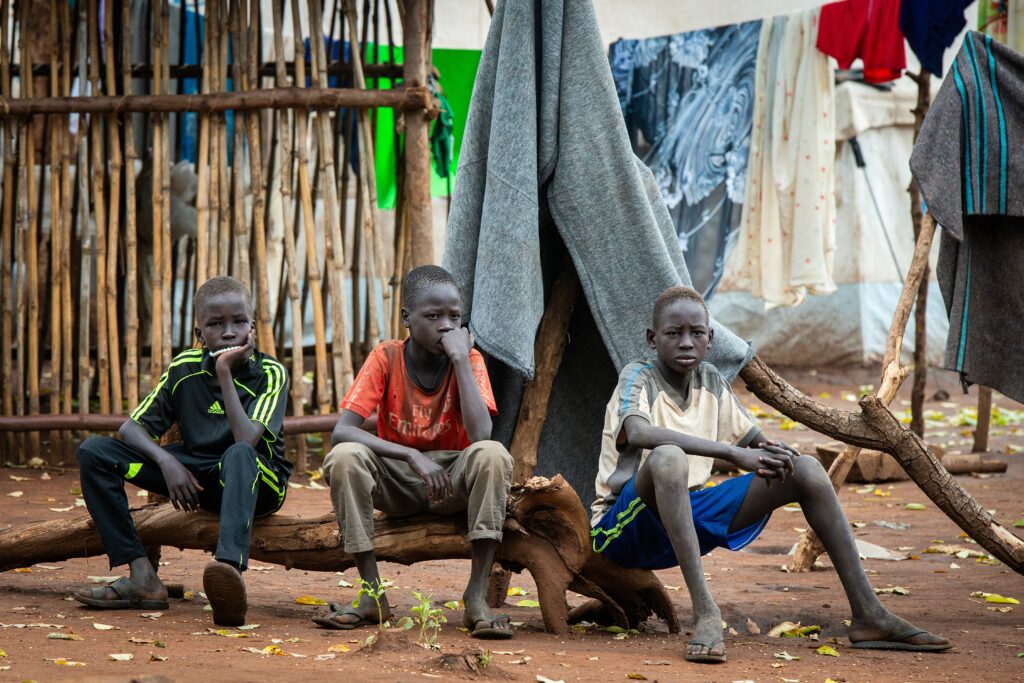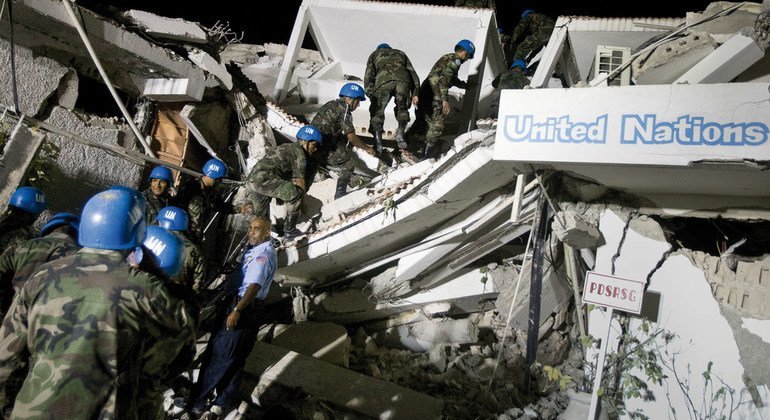In eastern Congo, UN peacekeepers are packing up. The barracks that once shielded families from armed groups will soon stand empty. Helicopters that ferried the wounded to safety are being grounded. Within weeks, 13,000-14,000 peacekeepers – approximately one out of every four deployed worldwide – will be sent home.
This isn’t because wars are ending or missions are completed. In fact, violence in the Democratic Republic of Congo, the Sahel and the Middle East is intensifying.
It’s because the United States – the UN’s largest donor – has failed to pay its bills.
UN peacekeepers are packing up… because the United States – the UN’s largest donor – has failed to pay its bills.
In the past 3 months, the Administration has clawed back more than $800 million in funds that Congress already approved for UN peacekeeping and pledged barely half of what’s owed to peacekeeping this year – $680 million. On top of that, for the last eight years the U.S. has chronically underfunded every mission, racking up arrears of over $1.5 billion.
The result? The UN is being forced to undertake the steepest retrenchment in peacekeeping history.
Fragile states will feel it first, as blue helmets disappear from frontlines where they deter militias and protect civilians. Families who once slept under the guard of UN troops will be left to the mercy of armed groups.
The UN is being forced to undertake the steepest retrenchment in peacekeeping history.
But make no mistake: the fallout will not stop in Congo or Mali or Lebanon. Pulling back peacekeepers while violence rages isn’t just abandonment abroad; it kicks the door wide open for bad actors to take the reins and is a direct blow to America’s credibility when it matters most.
How Those Choices Hurt the U.S.
Today, about 60,000 soldiers and police serve in 11 UN peacekeeping missions. Under the new plan, that number will shrink to around 46,000. The consequence of that drawdown will be measured in security setbacks and lost opportunities for American influence.
Take the Democratic Republic of Congo (DRC). Undercutting the peacekeeping mission in country, known as MONUSCO, cripples a vehicle that can operationalize President Trump’s peace deal on the ground. In fact, on the same day the initial agreement was signed at the White House, then acting U.S.-UN Representative Dorothy Shea stated, “Now more than ever, to support implementation of the peace agreement, MONUSCO must be empowered and enabled to execute the tasks that we, the Security Council, have given it.” The success of the peace agreement currently in question is the pivot point around which the DRC will either align with Beijing or with Washington – and determine which superpower gains access to one of the largest critical mineral deposits in the world.
Or Lebanon. Cutting the peacekeeping mission there, known as UNIFIL, takes away the pressure on Beirut to move its own army into areas once controlled by Hezbollah. That deployment is central to keeping the peace deal with Israel on track and to President Trump’s push to curb Iran’s influence. The mission’s stabilizing role also opens the door for U.S.-led energy investment in the eastern Mediterranean.
Or Haiti. Cutting resources for the UN Support Office in Haiti, UNSOH, risks throwing away a major diplomatic win: UN approval for a tough, non-U.S. force to take on the gangs and terrorists who’ve turned the country into one of the Western Hemisphere’s biggest trafficking hubs. Just 90 minutes from Miami, it’s a direct threat to the American homeland in the form of drugs, illegal weapons and human trafficking.
In case after case, when peacekeepers pull out – just as Washington advances plans for peace and stability – it’s not just inconsistency, it’s self-sabotage.
When peacekeepers pull out – just as Washington advances plans for peace and stability – it’s not just inconsistency, it’s self-sabotage.
The False Economy of Defunding
Supporters of these cuts call them fiscal discipline. The numbers say otherwise. Peacekeeping accounts for only 0.02% percent of the federal budget. For that price, the U.S. pays just one-quarter of the bill while allies cover the rest – every American dollar brings in three more from partners. The alternative is U.S. troops in harm’s way. The Government Accountability Office has found that comparable U.S. operations cost American taxpayers eight times more than a UN mission. Slashing peacekeeping doesn’t save money; it guarantees far costlier interventions tomorrow, with American blood and treasure on the line.
Slashing peacekeeping doesn’t save money; it guarantees far costlier interventions tomorrow, with American blood and treasure on the line.
As Admiral Mike Mullen, former Chairman of the Joint Chiefs under Presidents Bush and Obama, put it: “UN peacekeepers help promote stability and help reduce the risks that major U.S. military interventions may be required. Therefore, the success of these operations is very much in our national interest.”
Vacuums Don’t Stay Empty
There is also the question of credibility.
Every peacekeeping mission facing cuts was authorized by the UN Security Council with U.S. support. To retreat now is to retreat from commitments Washington itself demanded. Allies see that gap – so do adversaries.
Every peacekeeping mission facing cuts was authorized by the UN Security Council with U.S. support.
And history has shown what happens when blue helmets leave. Violence against civilians spike; sexual and gender-based violence increase. Across parts of Africa, ISIS is surging due to the drawdown in UN forces. In Mali, Wagner Group mercenaries rushed in to fill the void.
In addition, China, already the second-largest funder of peacekeeping, uses its contributions to expand influence and access across Africa and beyond. Undermining UN peacekeeping doesn’t reduce instability. It hands ground to rival nations or insurgent groups whose interests run counter to America’s.
Reform Without Retreat
No one denies that reform is necessary. UN Secretary-General António Guterres has already offered to cut thousands of posts under his UN80 reform agenda. But there is a difference between efficiency and erosion. Reform means tightening operations and cutting duplication. Retreat means hollowing out the very missions that keeps fragile states from collapsing.
Reform means tightening operations and cutting duplication. Retreat means hollowing out the very missions that keeps fragile states from collapsing.
As Guterres himself has reminded Member States, peacekeeping “represents a tiny fraction of global military spending – around one half of one percent – yet remains one of the most effective and cost-effective tools to build international peace and security.”
A Decision Point for Congress
Congress still has the power to prevent this retreat. Lawmakers can pay down the $1.5 billion in arrears, ensure money they approved is spent in full and insist on accountability without gutting the system. Peacekeeping is burden-sharing at its best – a force multiplier that protects American interests while spreading costs across 193 nations.
If the United States refuses to pay, the consequences will not stop at abandoned UN bases in Congo, grounded helicopters in Lebanon, a surge in ISIS across the Sahel, or a further breakdown in Haiti. They will land in Washington – in higher costs, greater demands at our border, diminished alliances and weakened credibility.
And when the next crisis demands a response, America will be left to go it alone at a far higher price.
